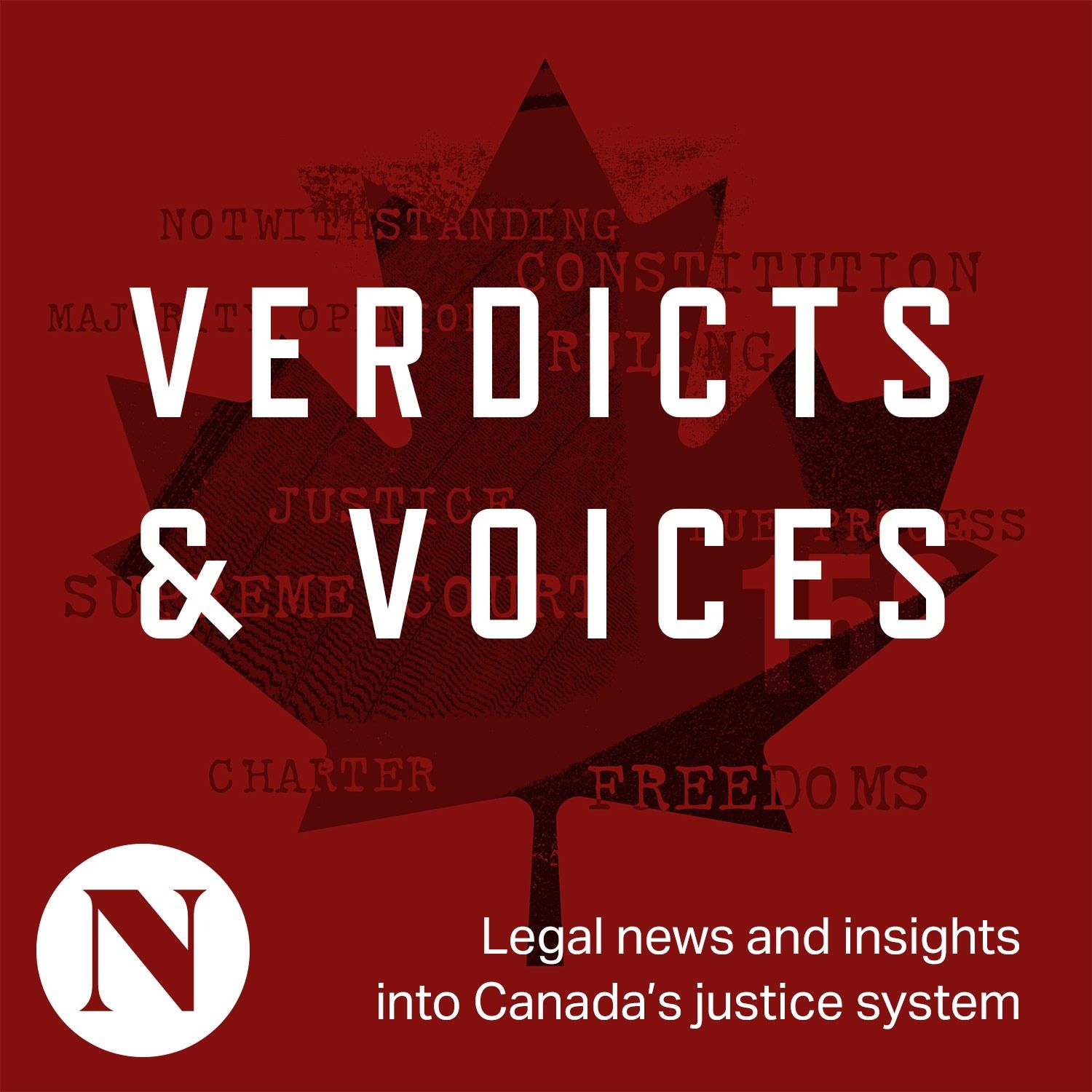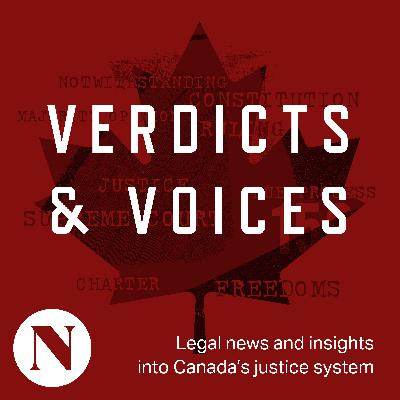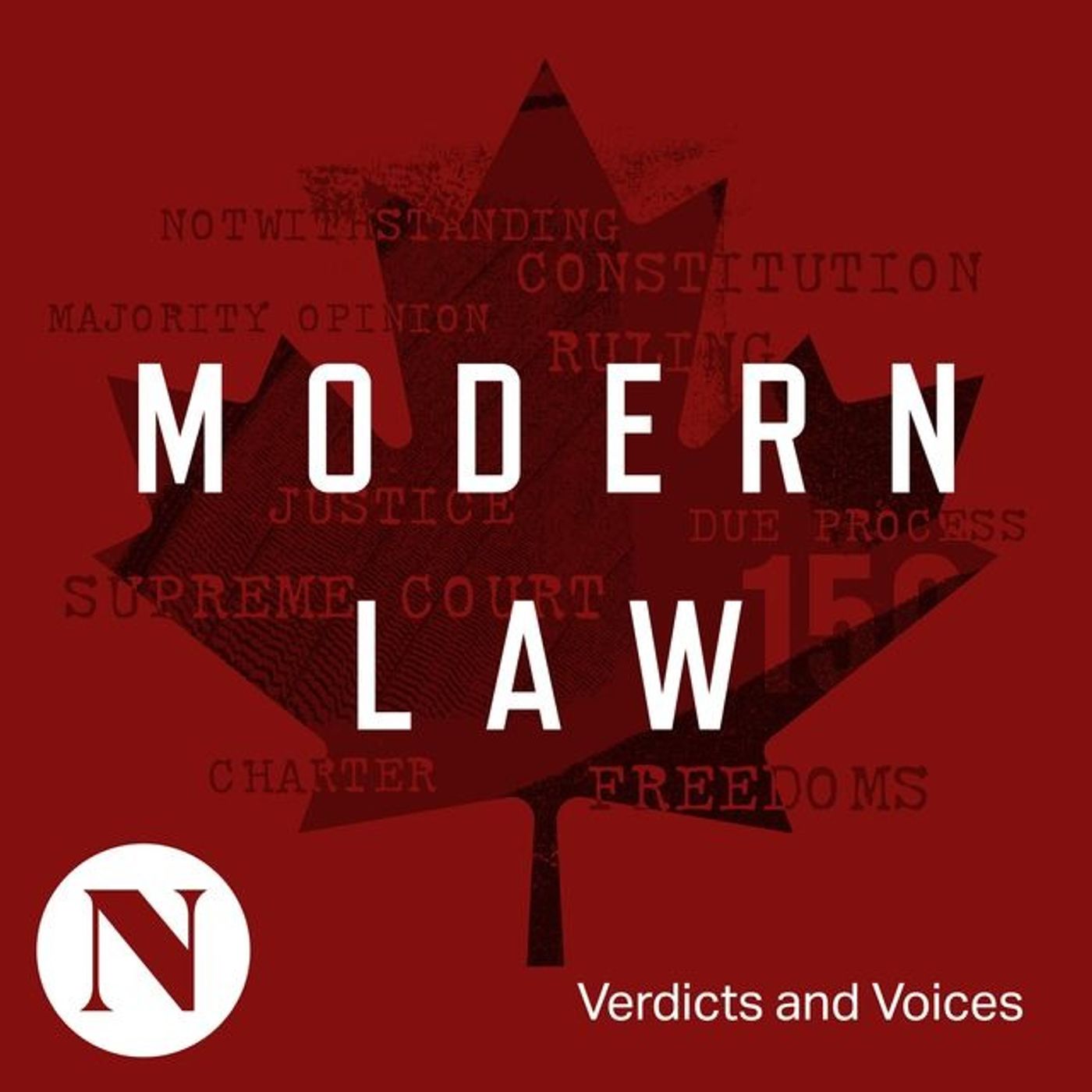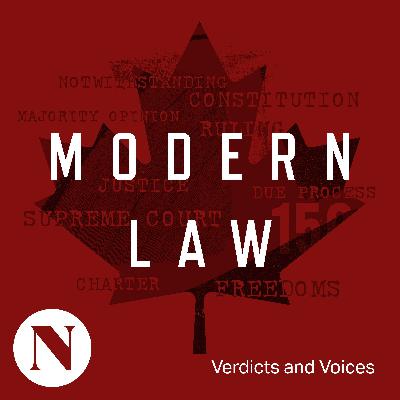Expanding notwithstanding rebranding? (from the archives)
Description
The taboo once associated with Section 33 (the notwithstanding clause) of the Canadian Charter of Rights and Freedoms seems to be fading. In recent months, Alberta has used it to end a teachers’ strike and pass bills affecting transgender youth and adults. Saskatchewan invoked it in 2023 to prevent students from changing names or pronouns without parental consent. In Quebec, where the taboo was never as strong, legislation related to secularism and the French language were respectively exempted from Charter compliance in 2019 and 2022. And the federal Conservatives have called for the clause’s use to protect tough-on-crime measures such as mandatory minimum sentences.
Is this a troubling trend that suggests a need for new safeguards, as argued by the Canadian Bar Association in a 2024 letter to the federal Justice Minister? Or a legitimate rebalancing of power toward the people’s elected representatives?
Marion Sandilands is a partner at Conway Litigation in Ottawa, teaches part-time at the University of Ottawa, and served on the Canadian Bar Association’s Working Group on the Notwithstanding Clause. Geoffrey Sigalet teaches political science at the University of British Columbia’s Okanagan Campus and leads the UBC Research Group for Constitutional Law.
This episode first aired in January 2025.
Verdicts & Voices is a legal current affairs podcast presented by the Canadian Bar Association. With her retinue of expert guests, host Alison Crawford keeps listeners up to date on news, views, and stories about the law and the justice system in Canada.
Hosted by Simplecast, an AdsWizz company. See pcm.adswizz.com for information about our collection and use of personal data for advertising.










